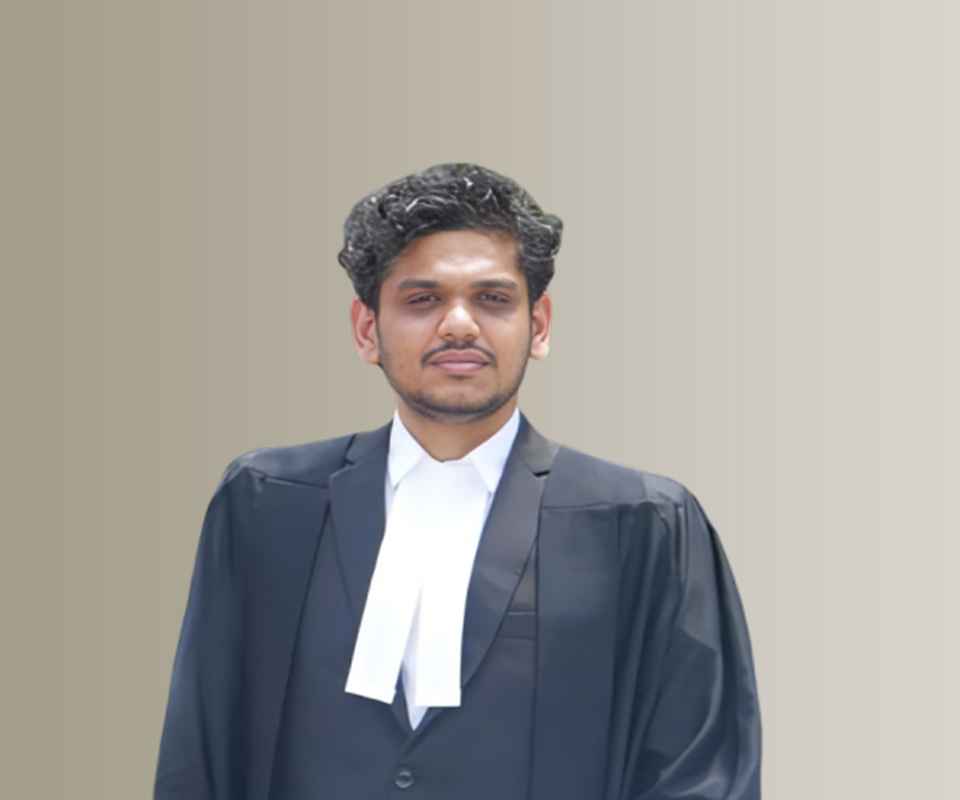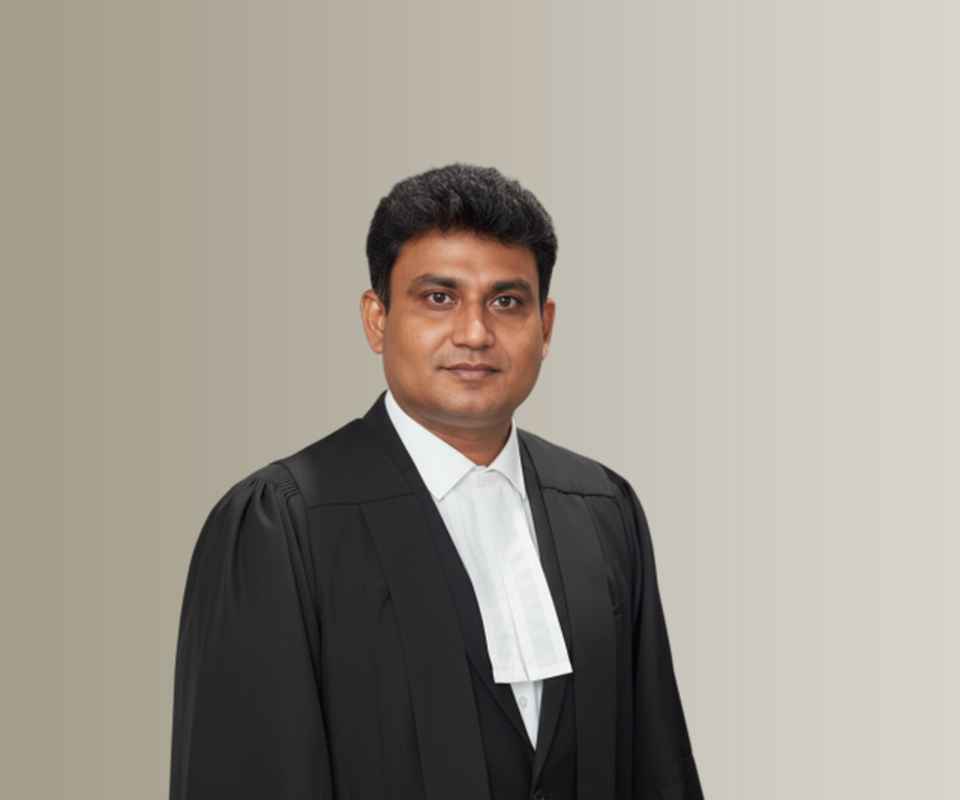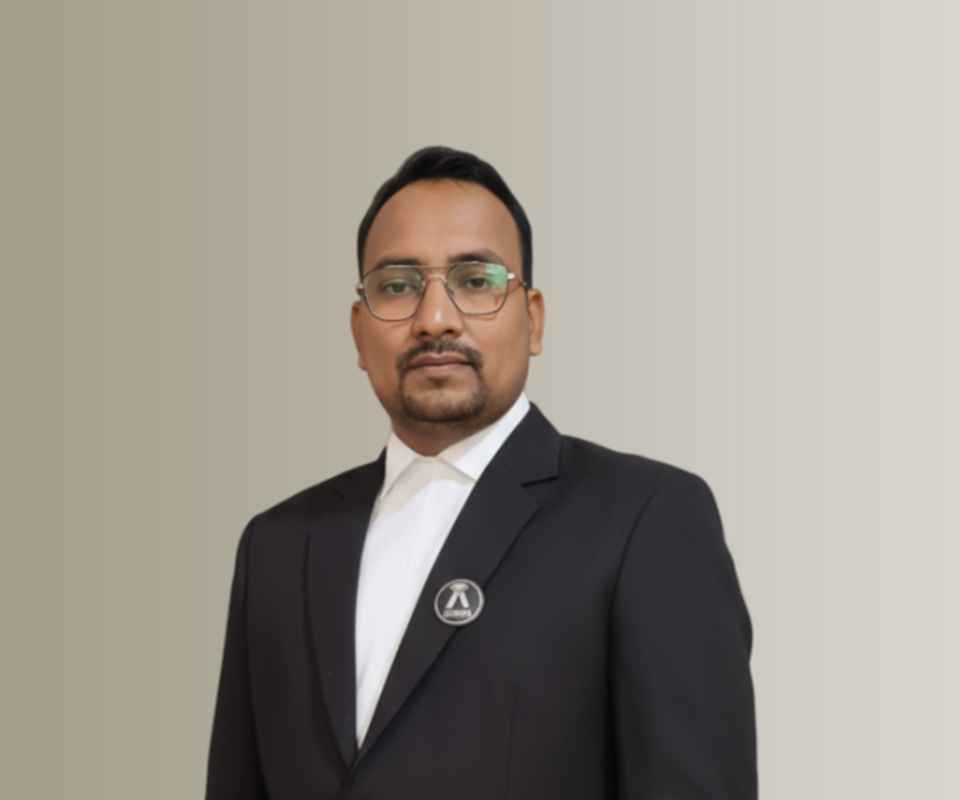Answer By law4u team
Yes, it is possible to register a marriage even after several years of its solemnization in India. Marriage registration is generally a process that should occur shortly after the marriage ceremony, but if it was not registered at the time of solemnization, couples can still apply for late registration of their marriage. However, the process and requirements for registering a marriage after a significant delay may vary depending on the legal framework under which the marriage was solemnized and the rules of the local jurisdiction.
1. Late Marriage Registration under the Hindu Marriage Act, 1955:
For marriages solemnized under the Hindu Marriage Act, registration is not mandatory, but it is highly recommended for legal recognition. However, if the marriage was not registered at the time of solemnization, it is still possible to register it at a later date.
Procedure for Late Registration:
- Application for Registration: The couple must apply to the local Marriage Registrar or Sub-Divisional Magistrate (SDM) for the late registration of their marriage.
- Documents Required: The couple will need to submit documents such as:
- Proof of identity and age (e.g., Aadhaar card, passport, birth certificate).
- Proof of the solemnization of the marriage (e.g., photographs, witness statements, or any other evidence of the marriage ceremony).
- Marriage affidavit stating that the marriage took place and is legally valid.
- If applicable, witnesses who were present at the time of the marriage may be required to give statements.
- Verification: The registrar may verify the details, including verifying the marriage through testimonies from witnesses or other forms of proof.
- Fee for Registration: There may be a nominal fee for registering the marriage.
Once verified, the marriage registration certificate will be issued.
2. Late Marriage Registration under the Special Marriage Act, 1954:
If the marriage was solemnized under the Special Marriage Act, registration is mandatory. In case the marriage was solemnized but not registered, the couple can still apply for a late registration. The process is similar to that under the Hindu Marriage Act.
Procedure for Late Registration:
- Application for Registration: The couple needs to approach the Marriage Officer under the Special Marriage Act and file an application for the delayed registration of the marriage.
- Documents Required: Similar documents will be required as mentioned for Hindu marriages, including proof of identity, proof of marriage solemnization, and possibly affidavits or testimonies from witnesses.
- Verification Process: The registrar may seek to verify the authenticity of the marriage. They may ask for additional documentation or the testimony of witnesses to validate the marriage.
3. Challenges in Late Marriage Registration:
While late marriage registration is possible, it may face certain challenges:
- Proof of Marriage: One of the biggest hurdles is providing sufficient evidence of the marriage. In the absence of photographs, wedding cards, or other documentation, the marriage could be difficult to prove.
- Witness Statements: In the absence of wedding photographs or official records, witnesses who attended the marriage ceremony can play a crucial role. The registrar may ask for affidavits from witnesses who can testify to the solemnization of the marriage.
- Delays in Processing: The process of late registration can take longer due to additional verification steps and the potential for objections from authorities.
4. Legal Implications of Late Marriage Registration:
- Legal Recognition: Once a marriage is registered, it is considered legally valid, and the marriage certificate serves as proof of the union for various legal purposes, including property rights, inheritance, and spousal benefits.
- No Impact on Validity: A delayed marriage registration does not affect the validity of the marriage itself. The marriage is still considered legally valid from the date it was solemnized, even if it was registered years later.
5. Example:
A couple married 10 years ago under the Hindu Marriage Act but did not register their marriage. Now, they wish to obtain a marriage certificate for legal reasons, such as applying for a visa. They can apply for late registration at the local marriage registrar's office by providing documents such as identity proofs, photographs from their wedding, affidavits from witnesses, and any other evidence of the marriage. After verification, they can receive a marriage certificate.
Conclusion:
A marriage can indeed be registered after several years of its solemnization in India. The couple must apply for late registration through the appropriate local authorities and provide the necessary documentation to prove that the marriage occurred. While the registration process might take longer due to the need for verification, once registered, the marriage is legally recognized and will provide the couple with a marriage certificate that serves as official proof of the union.







